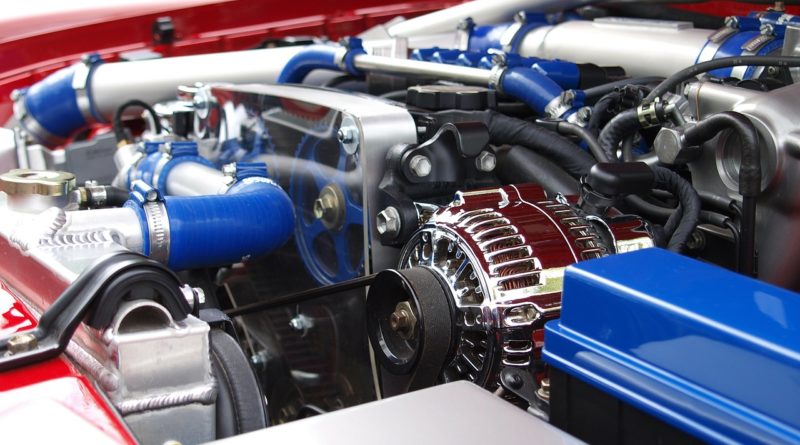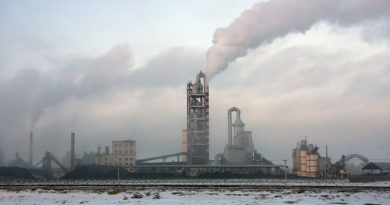Redwood to build the biggest lithium battery recycling plant in US
Redwood Materials, based in Carson City, Nevada, USA, plans to build the biggest lithium ion battery recycling facility in the USA, shifting the dynamics of raw material supply and demand, and offering a solution to the future by recycling scrap and spent electric vehicle (EV) batteries.
“I’m looking into the future and seeing this freight train coming at us.” JB Straubel CEO of Redwood Materials said in an interview. JB Straubel and a small team at Tesla were the architects of the world’s first super-sized lithium ion battery plant, the Tesla Gigafactory 1, sparking a global battery arms race.
“Taking an average lithium ion battery scrap rate of 10% means we could have as much as 80GWh of scrap lithium ion batteries to recycle by 2025. This is the same size as the world’s entire lithium ion battery market in 2017,” said Simon Moores, MD, Benchmark Metals.
That equates to:
- 96,000 tonnes graphite anode
- 64,000 tonnes lithium chemical
- 45,000 tonnes nickel
- 22,000 tonnes manganese
- 18,000 tonnes cobalt
These numbers are conservative as the scrap rate at new battery gigafactories / megafactories vary wildly up to 40% as the industry gets to grips with manufacturing lithium ion cells at a scale that has never been done before.
All of the 158 lithium ion battery megafactories in the pipeline, according to latest Benchmark data, are new, huge facilities that will suffer the same teething problems as the ones build in 2015.
In 2015, the lithium ion battery cell market was 55GWh. This year experts expect a market exceeding 210GWh in size. Five years from now the market will be at least another four times jump to the 800GWh region.
These massive volumes of scrap cells and offcuts from these battery megafactories is the first major problem to solve for battery recyclers. The challenge for lithium ion battery recyclers is clear:
- deal with mountain of waste cells coming your way
- re-process and sell
- master the chemical processing to make battery grade material.
“Business models will likely revolve around these three pillars and we are going to need an army of battery recyclers to face this challenge,” added Moores.




